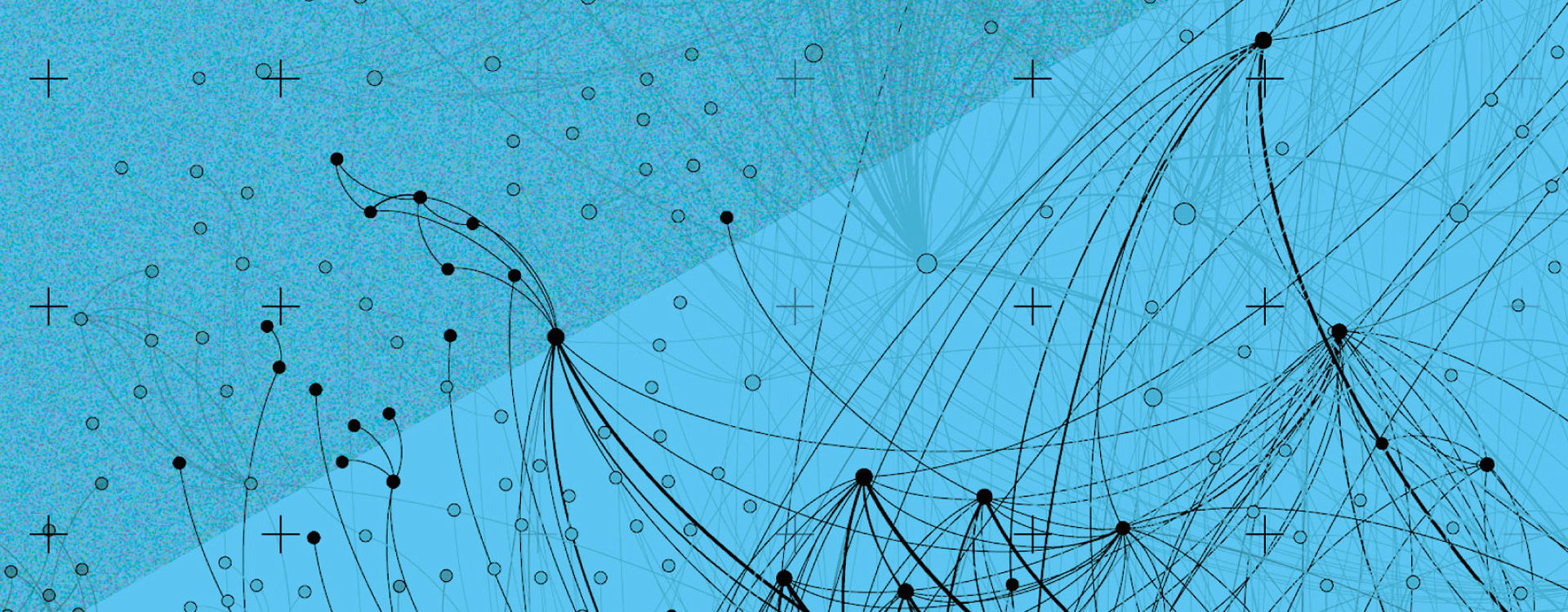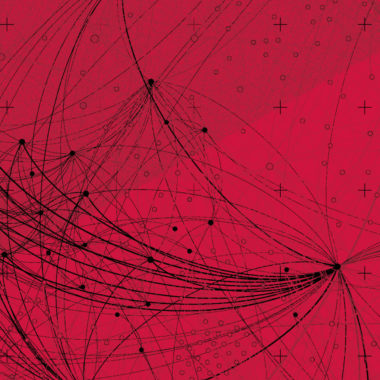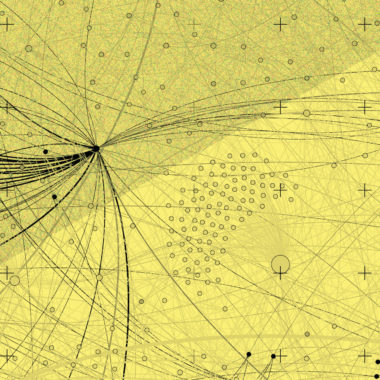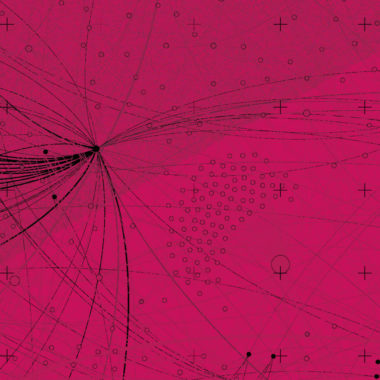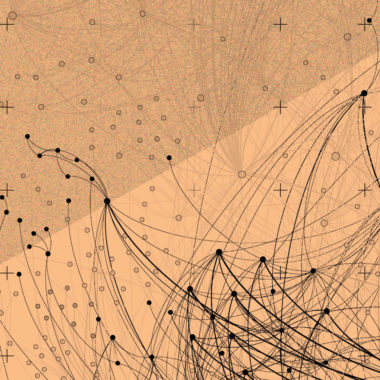In September 2013, Gimelec, a French electrical supplies trade association bringing together 200 companies with a view to promoting energy intelligence, published a white paper entitled Industry 4.0.
The paper starts with an assessment of the crisis in the French manufacturing sector, whose share of GDP has dropped from 18% to 12% in the last twelve years; manufacturing jobs, exports and profit margins have plummeted. Following Germany’s example, Gimelec suggests a recovery strategy based on intelligent, connected factories. This “industry 4.0” includes machinery, manufacturing sites and production processes in constant communication: it can be seen as the fourth industrial revolution, following those of mechanized labour, mass production and computerization.
By way of introduction to the report, Vice President of the European Commission for Enterprise and Industry Antonio Tajani stresses that this transformation is essential and must be supported by the EU. Vertical information flows within the smart digital factory help improve production, from design to completion. Julien Roitman, president of the Association of French Engineers and Scientists, refers to the process as “total communication, both within the factory and with the outside”. Based on international comparative studies and the contribution of recognized experts such as economist Jeremy Rifkin, the white paper goes through the technological (sensors, monitoring, networks…) and social (cybersecurity, energy, education) prospects offered by this revolution, which will allow for significant gains in terms of productivity, flexibility and energy efficiency.


